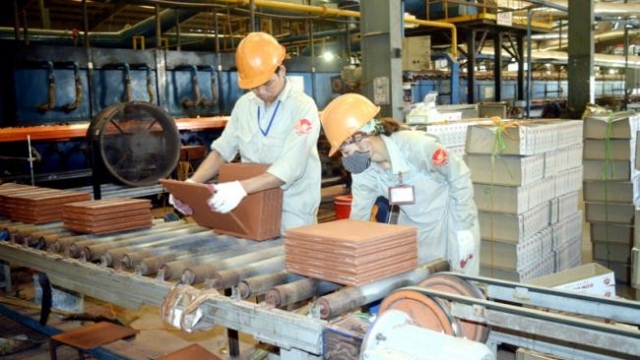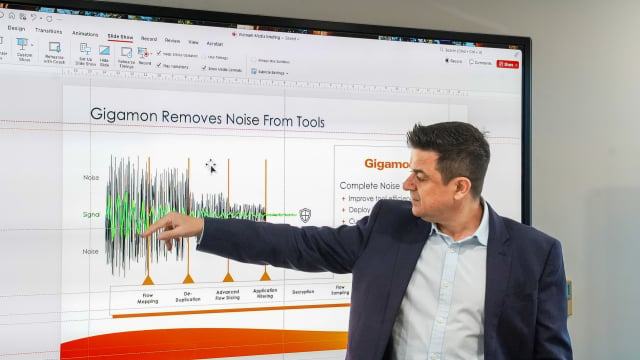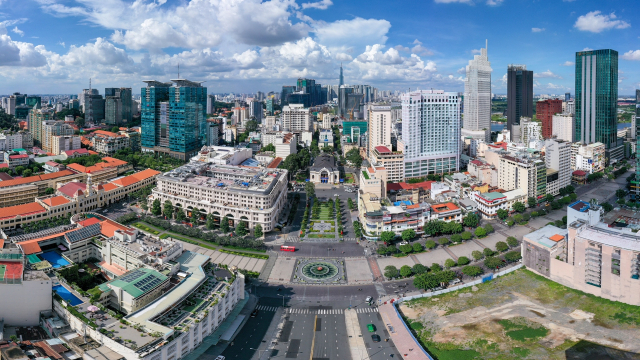Leader Talk
Fulfilling past promises may further foster Vietnam’s FDI growth
If Vietnam wishes to draw in more quality foreign investment, particularly in the field of high tech, there definitely is the need for the nation to improve its institutional and legal reforms, say representatives of foreign business community

Hong Sun, secretary general of Korea Trade and Investment Promotion Agency in Vietnam, said a number of South Korean enterprises are expressing their concerns over unfulfilled promises that Vietnam has initially offered foreign investors in a bid to attract their investments into the nation.
During the Vietnam Private Sector Economic Forum held in Hanoi last week, he raised the issue of the unsynchronised tax incentive policies as a case in point.
“Prior to July 10, 2018, individuals working at economic zones were entitled to a 50-per-cent personal income tax reduction on income derived from working at the economic zones, including the Trang Due industrial park in Haiphong. However, the provision has been removed under Decree 82,” said Sun.
Therefore, he believed that an FDI capital management scheme should be established and managed by the Prime Minister’s Office, in conjunction with the Foreign Investment Agency. This is aimed at effectively allocating tasks to related agencies as well as ensuring the consistency of policies.
As the prospect of the local economy is on the rise among foreign investors, more FDI funds are seen to streamline into Vietnam, with focus on the area of high tech.
To further strengthen such capital inflow into high tech, institutional and legal reforms are crucial and Sun thus suggested the country offer a new set of incentives and other preferential programmes, to fuel the development of high-tech and environment-friendly sectors like electric cars and solar energy.
Meanwhile, challenges for European investors include issues related to quality inspections conducted on every batch of newly imported cars, compulsory social insurance for foreign employees or inconsistency in the implementation of legal regulations related to the import of medical equipment and complicated customs procedures.
According to Tomaso Andreatta, vice chairman of the European Chamber of Commerce in Vietnam, if the country could remove these obstacles, it could improve its investment environment and turn itself into an ideal destination for foreign companies.
According to IFC regional manager Kyle Kelhofer, Vietnam has to date largely focused on the middle-component manufacturing and assembly. “The real full value proposition rests on extending, to pre-production to include both design and even R&D, and to post production including both digital marketing and services.”
Kelhofer, therefore, highlighted important gains in extending the value chain to include higher salary to employees based on higher-value output per person, better technology transfer, R&D and skills development for provincial government, efficient use of natural resources, and greater opportunities for local entrepreneurs.
At the end of the day, Vietnam can achieve higher competitiveness in all sectors, both FDI and supply chain linkages, he claimed.
Board member of the American Chamber of Commerce in Vietnam Virginia Foote also said that there should be a fair playground for both domestic and foreign players, to not only attract future foreign investment but also retain existing foreign investment in the country.
High-quality foreign investment will not only help promote local economic growth but also enhance the entire ecosystem of local companies and entrepreneurs, Foote said.
FDI firms obtained huge profits but paid lowest taxes
Vietnam turns semiconductor vision into action
The global semiconductor industry is being reshaped by geopolitical tensions, shifting supply chains, and the surge of digital technologies.
Cutting red tape in APA approvals to speed up tax negotiations
The change in APA approval authority is expected to shorten processing time and enhance business proactiveness in international tax negotiations.
Enterprise cybersecurity is under threat from the inside
As hybrid cloud systems grow more complex, Vietnamese enterprises are struggling to detect cybersecurity threats moving laterally within their own networks.
Breakthrough for the international financial center ambition
The submission of the draft resolution on Vietnam’s international financial center to the National Assembly heralds a new developmental era for the country.
How leadership philosophy redefines hospitality in Nha Trang
More than just running a 5-star resort, Kristian Petersen is redefining the art of hospitality with a humane and sustainable leadership philosophy.
When organic becomes an inspiring wellbeing lifestyle
For Tyna Huynh, co-founder of Drinkizz, organic is not just a food choice but a way of life that fosters a deep connection between people, nature and community.












































